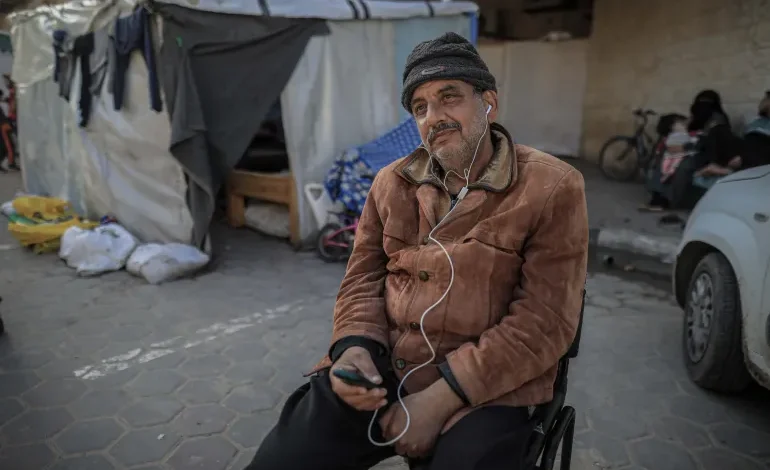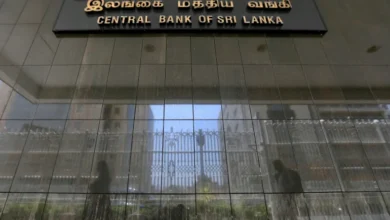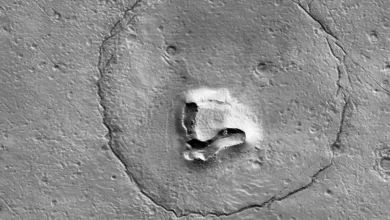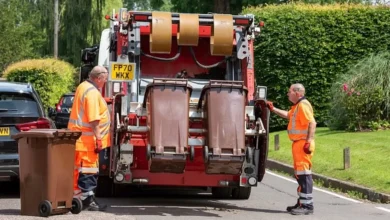‘This court is a failure’: Palestinians in Gaza decry ICJ’s interim ruling

Palestinians in Gaza say they are devastated by the International Court of Justice’s (ICJ) decision not to order Israel to cease its near-four-month bombardment and ground invasion of the strip during a case brought by South Africa accusing Israel of committing genocide.
On Friday, the World Court issued a series of provisional measures requiring Israel to comply with the 1948 Genocide Convention, allow more humanitarian aid into Gaza and act against those who issue genocidal statements.
But the court fell short of ordering an immediate ceasefire or insisting that Israel cease all military activity in the strip.
Many in Gaza say they are disappointed, but not surprised. They say they do not trust the international community, nor the global justice system, as they have so far failed to end the bloodshed in the enclave.
More than 26,000 Palestinians have been killed in Gaza since October 7 and some 1.9 million have been internally displaced, according to the United Nations.
Among them is 54-year-old Ahmed al-Naffar, who was intently following the court’s announcement outside the al-Aqsa Martyrs’ Hospital in central Gaza’s Deir el-Balah on Friday.
His high hopes came crashing down when he heard the precautionary decisions that emerged from the court’s session. He refused to continue listening in, saying, “The court is a failure.”
The father of six has been displaced and is currently sheltering in the hospital’s courtyard, along with hundreds of other Palestinians.
‘Let them kill us all and relieve us of this torment’
Earlier this month, South Africa asked the ICJ to order an emergency suspension of Israel’s devastating military campaign in Gaza.
It argued that provisional measures are necessary “to protect against further, severe and irreparable harm to the rights of the Palestinian people under the Genocide Convention, which continue to be violated with impunity”.
South Africa filed nine injunctions to the court. Among them was one that would also direct Israel to facilitate and not impede the delivery of humanitarian aid into Gaza.
Currently, the aid coming into Gaza through the Rafah border crossing meets less than 30 percent of the enclave’s needs, Gaza’s health ministry has said. Both the quantity and type of aid are controlled by Israel, which has imposed a complete siege on Gaza since the start of the offensive.
Al-Naffar called his daughters earlier today, promising them that the court’s decision would be “positive and in our favour”, and that it would likely rule to end the assault.
“But I was wrong,” he said. “I feel sad and frustrated. I hope we all die, let them kill us all. Let them drop a nuclear bomb on Gaza and relieve us of this torment.”
Being separated from his family, al-Naffar spent most of his day thinking about them and trying to reach out to them.
‘No one can stop Israel’
Meanwhile, displaced Palestinian Mohammad al-Minawi said he felt it was pointless to even listen to the ICJ’s ruling.
The 45-year-old father of five is currently sheltering in a tent outside the al-Aqsa Martyrs’ Hospital. He was forced to flee his home in the al-Mughraqa area, east of Gaza City, when it came under attack.
Like hundreds of thousands of others, he headed south as per the Israeli military’s instructions.
“I am not optimistic … Unfortunately, no one can stop Israel,” al-Minawi told Al Jazeera.
He nonetheless expressed his gratitude to South Africa, describing what it did in filing its lawsuit against Israel as “unprecedented”. But, he added that in his opinion, if other countries remain silent, then the move is insufficient.
“There is no deterrent for Israel. All international and diplomatic decisions support it, and there is no accountability,” al-Minawi said.











